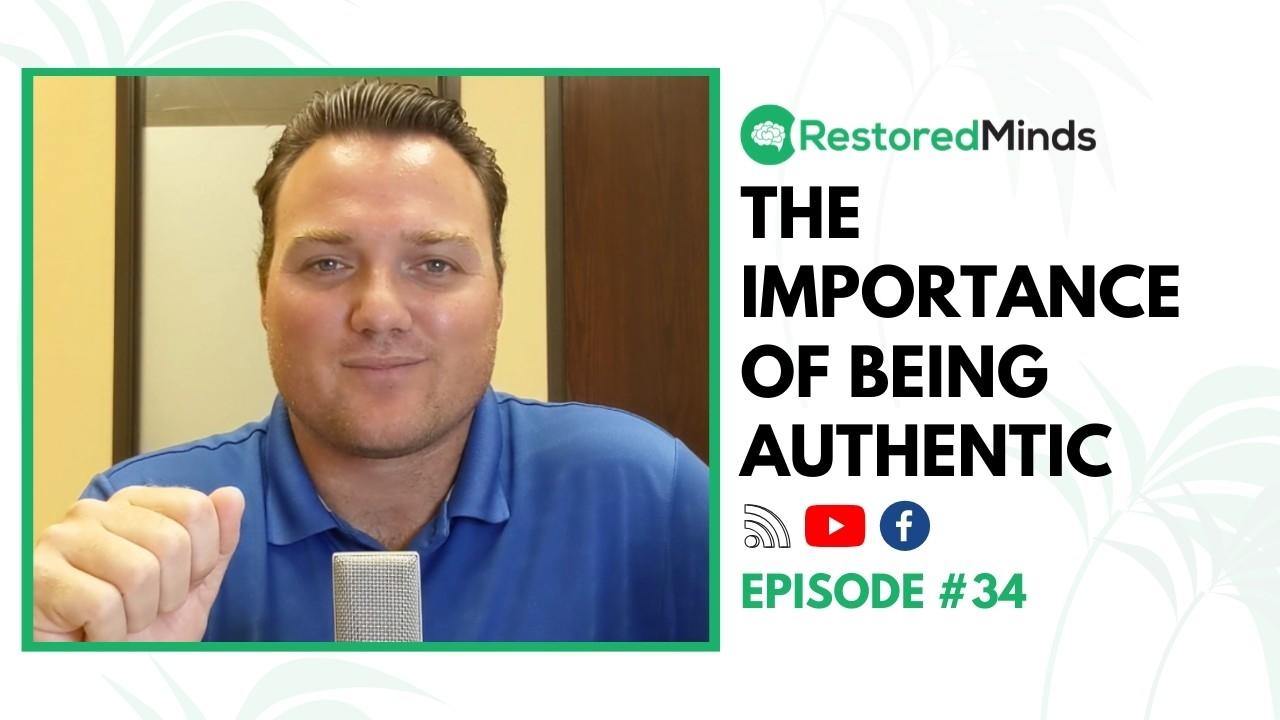The Importance of Being Authentic
May 27, 2020
Why Authenticity is Important
Human Needs: Attachment and Authenticity
Dr. Gabor Maté, in his enlightening book When the Body Says No, discusses the two fundamental human needs: the need to attach to others and the need to be authentic. Often, we believe that our authenticity threatens our ability to attach, especially in formative years. This belief can lead us to choose attachment over authenticity, causing long-term suppression of our true selves.
Consequences of Suppression
Suppressing our authentic selves to secure attachment can lead to dangerous consequences. For instance, a child who learns that expressing anger may threaten their relationship with their parents might suppress their anger, leading to unhealthy emotional habits. This suppression can result in unresolved anger, anxiety, and even physical ailments.
Personal Reflection on Anxiety and Authenticity
From my own experiences with anxiety, OCD, and panic attacks, I can attest to the damage caused by a lack of authenticity. I often pretended that everything was fine, burying my true feelings to avoid judgment. This lack of honesty compounded my issues, leading to a cycle of suppression and worsening mental health.
The Dangers of Suppression
From Anxiety to Terminal Illnesses
Dr. Maté highlights the dangers of suppression, particularly how repressed anger can manifest as physical diseases. Anxiety is a normal human experience, but the problem arises when we bury it. Suppressed anxiety piles up, leading to more severe disorders. Authenticity allows us to express our feelings, break this cycle, and promote mental well-being.
Liberation Through Authenticity
The phrase "the truth will set you free" holds significant meaning in this context. Being honest with ourselves and others liberates us from the burden of lies and pretensions. In the movie Flight, Denzel's character feels truly free for the first time after being completely honest, despite being in jail. This illustrates the powerful impact of authenticity on personal freedom and mental health.
Steps Towards Being More Authentic
Recognize and Reflect
Begin by reflecting on areas of your life where you might be suppressing your true self. Are there aspects of your personality or beliefs that you're hiding to maintain relationships or avoid conflict?
Practice Small Acts of Authenticity
Start small by being more honest in your daily interactions. Whether it's expressing a genuine opinion or standing up for yourself in situations where you normally wouldn't, these small acts can build your confidence in being authentic.
Seek Support
Sometimes, being authentic requires support. This could be from friends, family, or mental health professionals who can provide a safe space for you to express your true feelings.
Conclusion
Authenticity is not just a concept; it's a vital part of our mental and physical health. By recognizing the importance of being true to ourselves, we can start on the path to genuine recovery and mental well-being.


